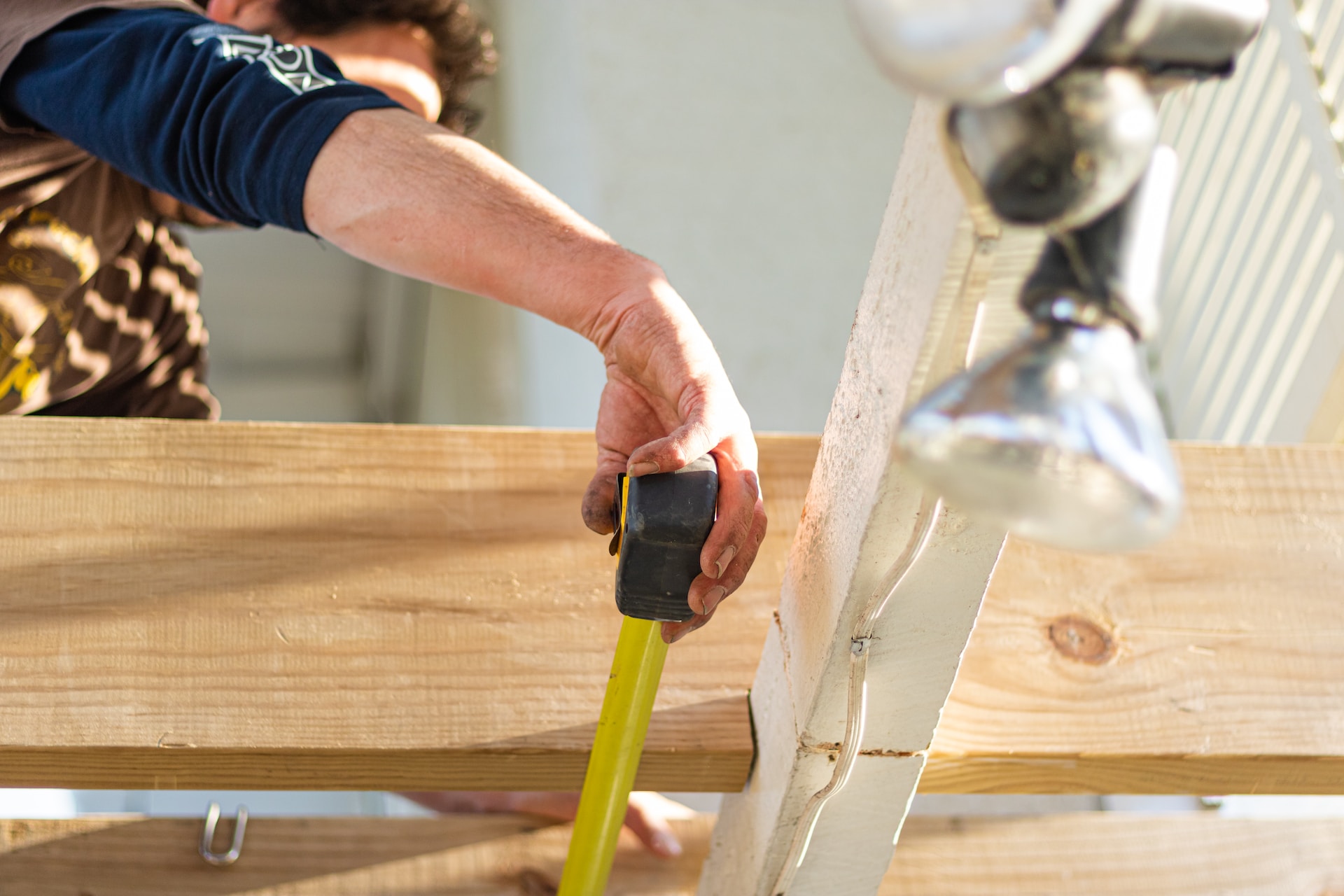Choosing the right location to build your home is one of the most critical decisions you will make during the construction process. The location not only determines the convenience and lifestyle you will enjoy but also significantly impacts the value and long-term satisfaction with your investment. With numerous factors to consider, it’s essential to approach the decision-making process with careful consideration and expert guidance. In this article, we provide an expert guide to help you choose the perfect location for your dream home.
Contents
Assess Your Lifestyle and Needs
The best place to start is to evaluate your lifestyle and needs. Consider factors such as proximity to your workplace, schools, healthcare facilities, recreational activities, and amenities. Determine whether you prefer a bustling urban environment, a quiet suburban neighbourhood, or a more rural setting. Understanding your lifestyle preferences will help narrow down the locations that best suit your needs.
Research the Neighbourhood
Once you have identified potential locations, conduct thorough research on the neighbourhoods. Look for information about safety, crime rates, quality of schools, access to public transportation, nearby shopping and dining options, and community services. Explore the area and talk to current residents to get a firsthand perspective on the neighbourhood’s atmosphere and suitability for your lifestyle.
Do due diligence
Conducting due diligence is essential to ensure you make an informed decision. Understand the zoning regulations and building codes specific to the location. Check if there are any restrictions or requirements that may affect your plans for the house construction, such as setback requirements, height limits, or architectural guidelines. Perform environmental due diligence to identify potential environmental risks. Ensure that you also conduct a Phase 1 ESA, which involves a thorough investigation of the property’s historical and current uses to identify potential environmental contamination to ensure the safety of your home.
Consider Future Development
Anticipate future development in the area. Look for signs of upcoming infrastructure projects, commercial developments, or zoning changes that may impact the neighbourhood. While growth and development can bring positive changes, it’s essential to evaluate how these developments align with your preferences and long-term plans for your home.
Assess Property Values
Research property values in the area to understand the market dynamics. Analyze recent sales data, trends, and forecasts to determine the investment potential of the location. A location with a history of stable or increasing property values is generally a favourable choice. However, it’s important to strike a balance between affordability and potential for future appreciation.
Future Planning
Consider your long-term plans and how they align with the location. If you envision expanding your family or starting a business, evaluate the suitability of the location for your future goals. Consider factors such as the availability of land for future expansion, zoning regulations, and local ordinances that may impact your plans.
Seek Professional Guidance
As a rule of thumb, always engage the services of professionals such as real estate agents, architects, builders, environmental professionals and the likes who have expertise in the local market and laws. They can help you evaluate the pros and cons of different locations, identify potential issues, and guide you towards the best choice based on your needs and budget.
Wrapping up
While it’s essential to consider practical and logical factors, your gut feeling about a location should not be ignored. If a location resonates with you on a deeper level and feels like the perfect place to build your dream home, it’s worth giving it serious consideration. Again, always seek help from reputable professionals like environmental professionals trained under ASTM to help you choose the right location to build your home.



